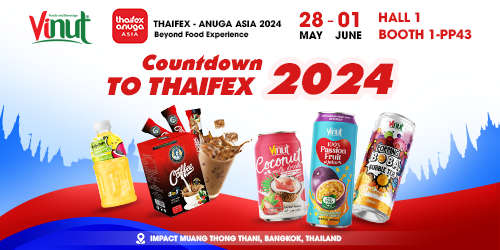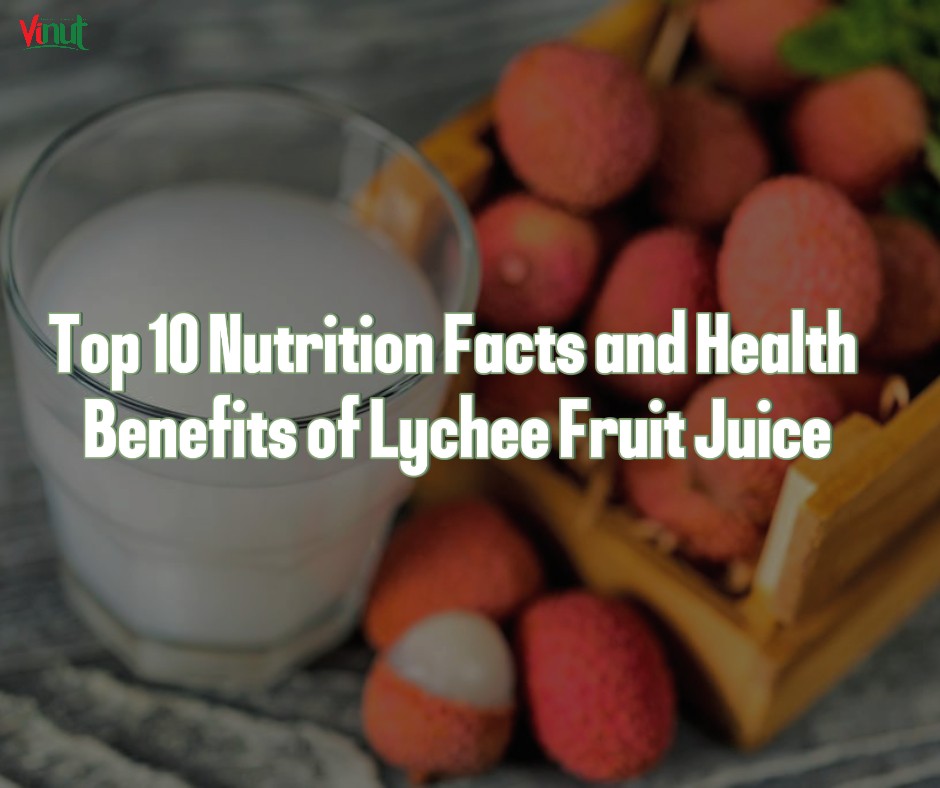
News
Fruit Juice vs. Soft Drink: A Sip into Nutrition and Taste

The battle between fruit juice and soft drinks has been ongoing, with individuals making choices based on taste, health considerations, and cultural preferences. In this article, Cojo Cojo will delve into the nutritional aspects, caloric content, ingredients, and health implications of both options, providing you with the information needed to make an informed decision.

1. Introduction
Defining the Choices
Fruit juice and soft drinks represent two popular beverage categories. Fruit juice is derived from natural fruits, while soft drinks are carbonated beverages, often artificially flavored.
Understanding Consumption Trends
Both have carved out their places in the market, catering to diverse consumer preferences. Understanding the nuances between the two can empower individuals to make healthier choices.
2. Nutritional Comparison
Sugar Content Differences
One of the primary distinctions lies in sugar content. Fruit juice contains natural sugars from fruits, whereas soft drinks often rely on added sugars or high-fructose corn syrup.
Vitamins and Minerals in Fruit Juice
Fruit juices boast essential vitamins and minerals, contributing to their nutritional value. Soft drinks, on the other hand, are often criticized for lacking these benefits.
3. Caloric Content
Impact on Caloric Intake
Consuming fruit juice may contribute to overall calorie intake, given its natural sugar content. Soft drinks, especially those with added sugars, can significantly contribute to calorie consumption.
Role of Artificial Sweeteners
Soft drinks marketed as “diet” or “sugar-free” may contain artificial sweeteners. These can impact taste perception and, in some cases, raise concerns about potential health risks.
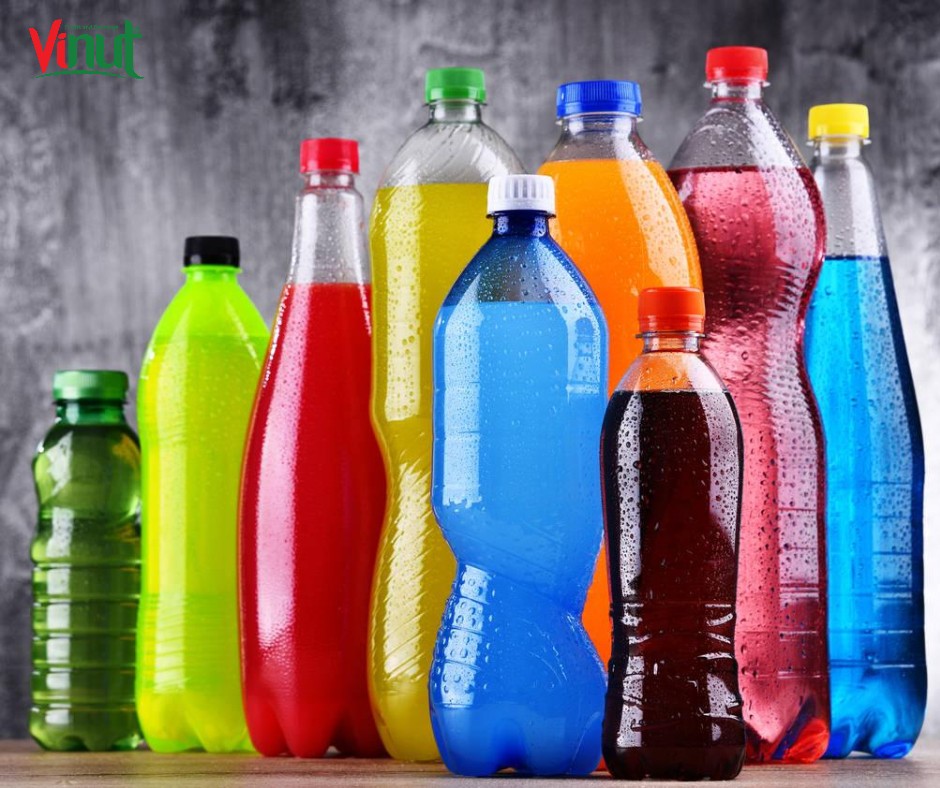
4. Natural vs. Artificial Ingredients
Fruit Extracts in Juice
Fruit juice typically includes natural fruit extracts, providing authentic flavors. Soft drinks often rely on artificial flavors, colors, and additives to achieve desired tastes.
The Role of Additives in Soft Drinks
Soft drinks’ ingredient lists may include preservatives, flavor enhancers, and colorants. These additives raise questions about the overall healthiness of these beverages.
5. Health Implications
Weight Management Considerations
Regular consumption of sugary beverages, including fruit juice, may contribute to weight gain. Moderation and balancing with a healthy diet are key.
Dental Health Concerns
High sugar content in both fruit juice and soft drinks can impact dental health. Regular dental care is crucial for those indulging in these beverages.
6. Hydration Factor
Hydration Benefits
Both fruit juice and soft drinks contribute to overall fluid intake. However, water remains the optimal choice for proper hydration without added sugars or calories.
Water as a Healthier Alternative
Considering health implications, opting for water over sugary beverages is a simple yet effective way to stay hydrated without compromising wellness.
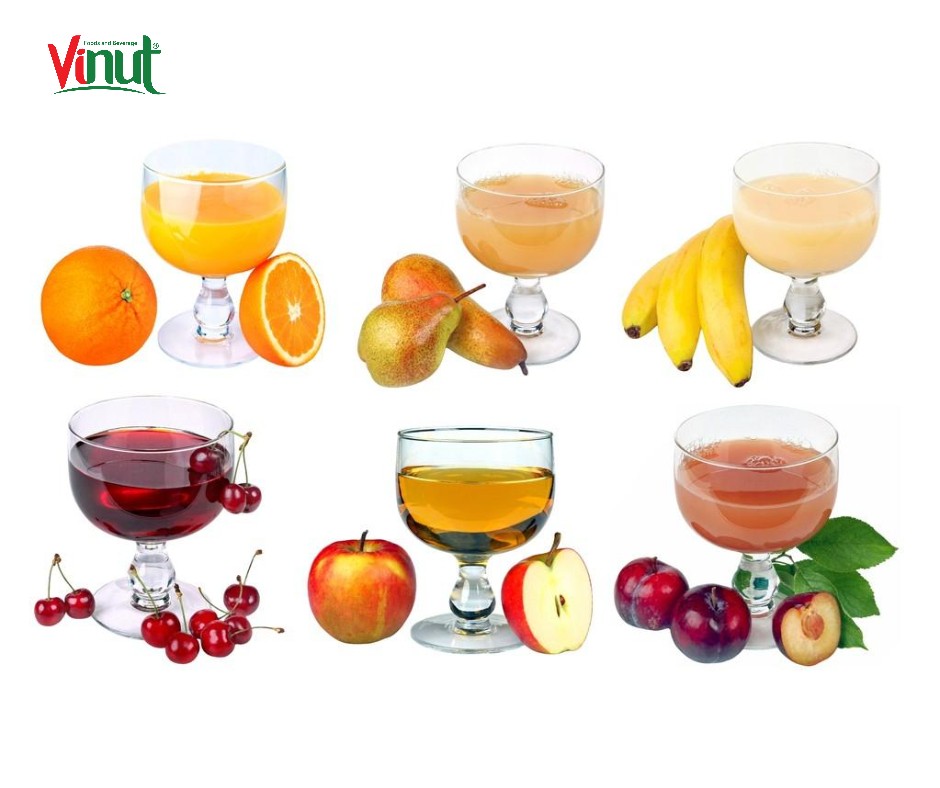
7. Taste and Flavor
Individual Preferences
Taste preferences play a significant role in choosing between fruit juice and soft drinks. While some prefer the natural sweetness of fruit juice, others enjoy the fizzy and artificial flavors of soft drinks.
The Impact of Marketing
Marketing strategies heavily influence perceptions of taste and desirability. Understanding the influence of marketing can empower consumers to make choices aligned with their health goals.
8. Impact on Blood Sugar Levels
Glycemic Index Variations
The glycemic index (GI) differs between fruit juice and soft drinks. Understanding these variations is crucial, especially for individuals managing blood sugar levels.
Considerations for Diabetes
Individuals with diabetes should be cautious about the sugar content in both beverages. Opting for alternatives like sugar-free drinks or water may be advisable.
9. Digestive Health
Fiber Content in Fruit Juice
Fruit juices, especially those without pulp, may lack the fiber present in whole fruits. This can impact digestive health, making it essential to maintain a balanced diet.
Challenges of Carbonation in Soft Drinks
The carbonation in soft drinks can lead to bloating and gas for some individuals. Those with sensitive digestive systems may need to be mindful of this aspect.
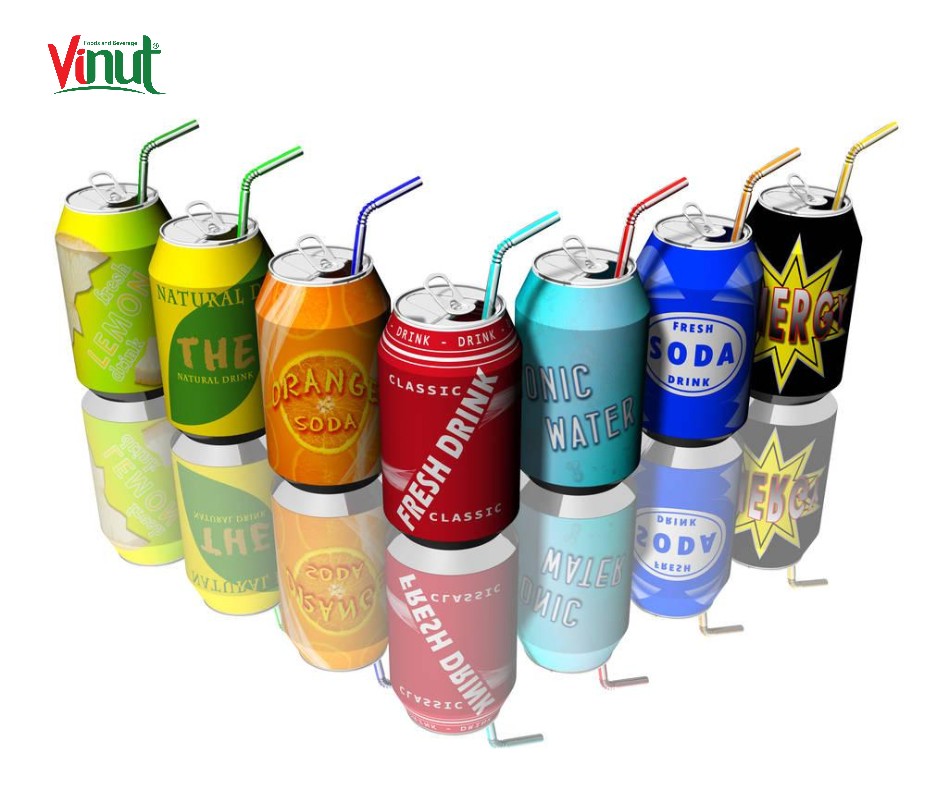
10. Caffeine and Energy Boost
Caffeine Content in Soft Drinks
Some soft drinks contain caffeine, providing a quick energy boost. Fruit juice, while naturally energizing, doesn’t typically include caffeine.
Natural Sugars in Fruit Juice
The natural sugars in fruit juice contribute to energy without the added caffeine. Individuals seeking a caffeine-free option may find fruit juice a suitable alternative.
11. Environmental Impact
Packaging Considerations
Both industries contribute to environmental issues through packaging. The production and disposal of bottles and cans raise concerns about sustainability.
Sustainability in Production
Advocacy for sustainable practices in both fruit juice and soft drink production is gaining traction. Awareness of these considerations allows consumers to support eco-friendly choices.
12. Affordability
Comparing Costs
Soft drinks are often more affordable than pure fruit juices. Economic factors can influence choices, making it essential to balance budgetary constraints with health considerations.
Economic Influences
Understanding the economic influences on choices helps individuals make decisions aligned with both financial constraints and health goals.
13. Cultural Perceptions
Cultural Influences on Preferences
Cultural backgrounds and traditions shape beverage preferences. Recognizing these influences enhances cultural understanding and informs marketing strategies.
Traditions and Rituals
Some cultures have specific traditions or rituals associated with the consumption of fruit juice or soft drinks. This cultural context adds depth to individual choices.
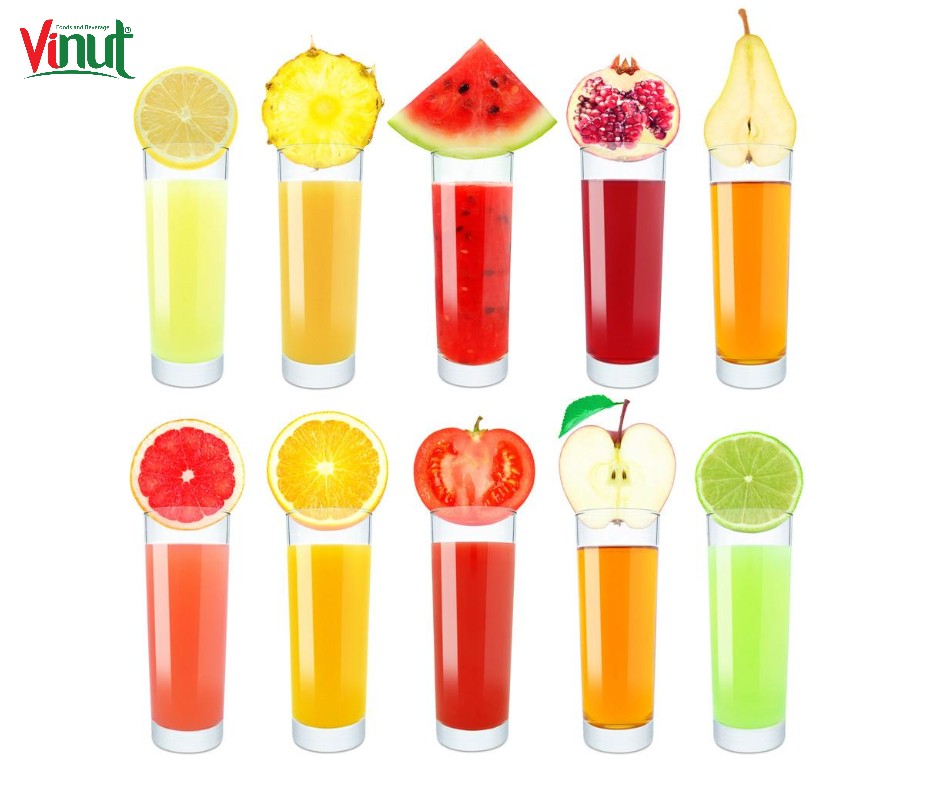
15. Conclusion
In the realm of fruit juice vs. soft drinks, the choice ultimately rests on individual preferences, health considerations, and cultural influences. Recognizing the nutritional differences, caloric impacts, and potential health implications allows consumers to navigate these choices with greater awareness. Whether reaching for a glass of refreshing fruit juice or enjoying the effervescence of a soft drink, moderation remains the key to a balanced and enjoyable beverage experience.
FAQs
- Is drinking fruit juice every day healthy?
- Consuming fruit juice in moderation can be part of a healthy diet. However, excessive intake may contribute to higher calorie consumption.
- Are diet sodas a better alternative to regular soft drinks?
- While diet sodas contain artificial sweeteners and fewer calories, their long-term health impacts are still under research. Moderation is advised.
- How does the sugar in fruit juice differ from that in soft drinks?
- The sugar in fruit juice is naturally occurring, accompanied by vitamins and minerals. Soft drinks may contain added sugars, contributing to higher caloric content.
- Can children consume fruit juice and soft drinks?
- Children can enjoy these beverages in moderation, but it’s crucial to monitor sugar intake. Water and natural fruit snacks are healthier alternatives.
- What are the environmental impacts of the fruit juice and soft drink industries?
- Both industries contribute to environmental concerns through packaging. Choosing brands with sustainable practices supports eco-friendly initiatives.









